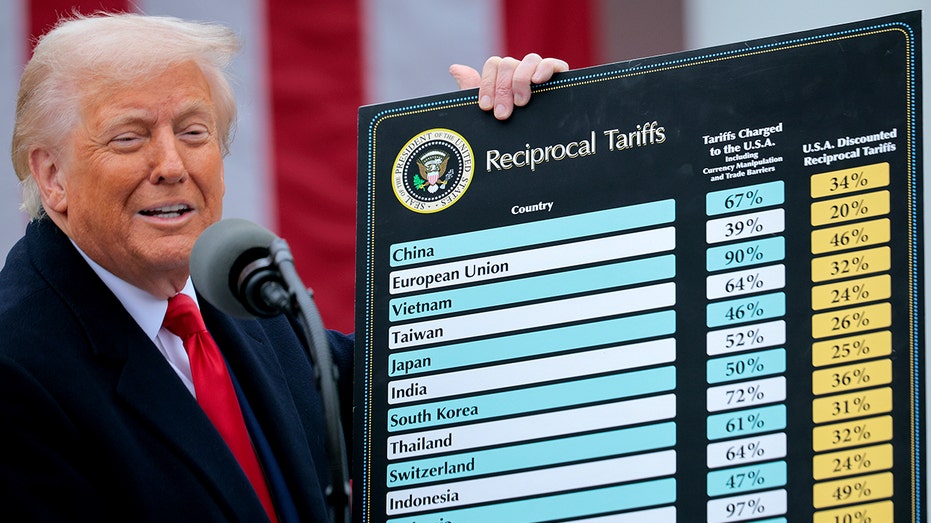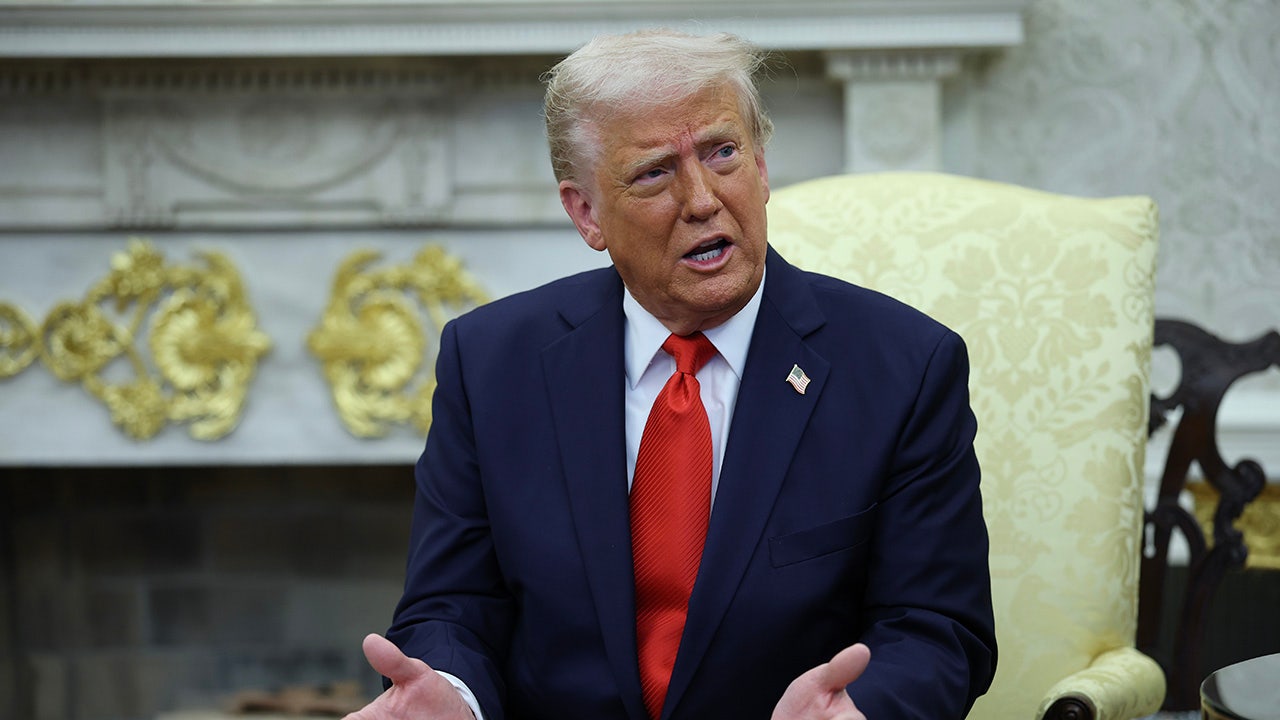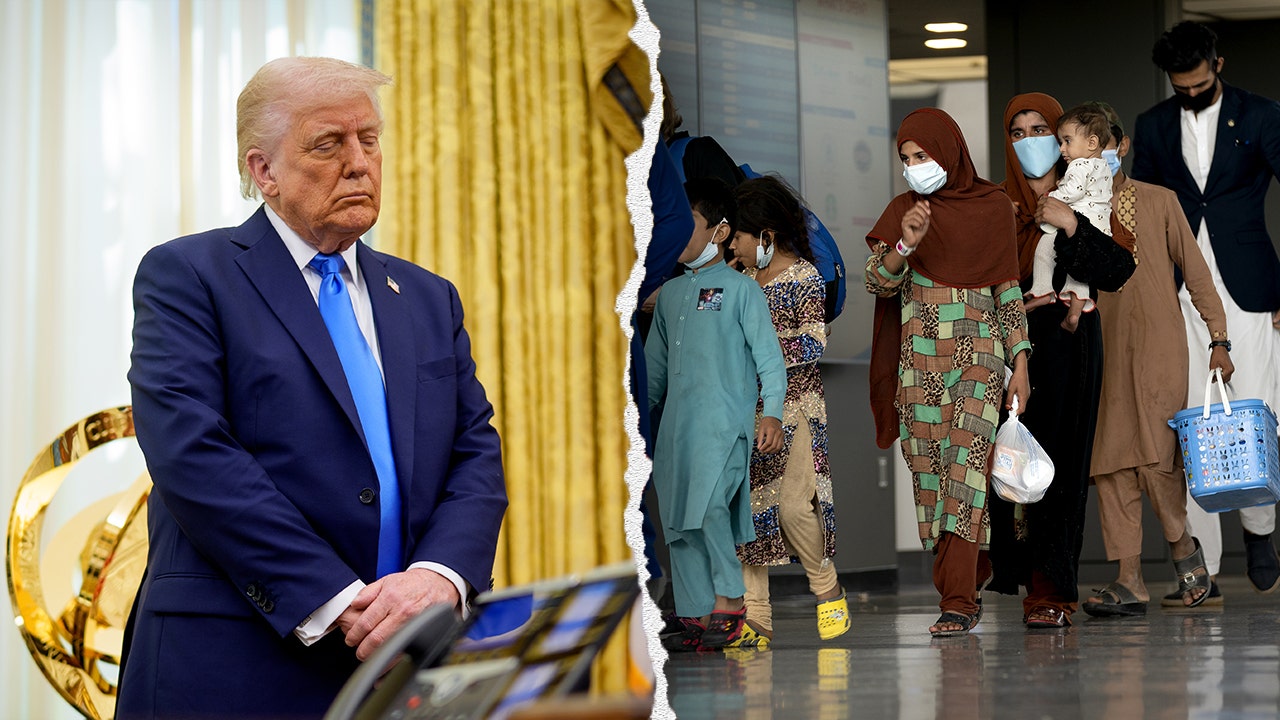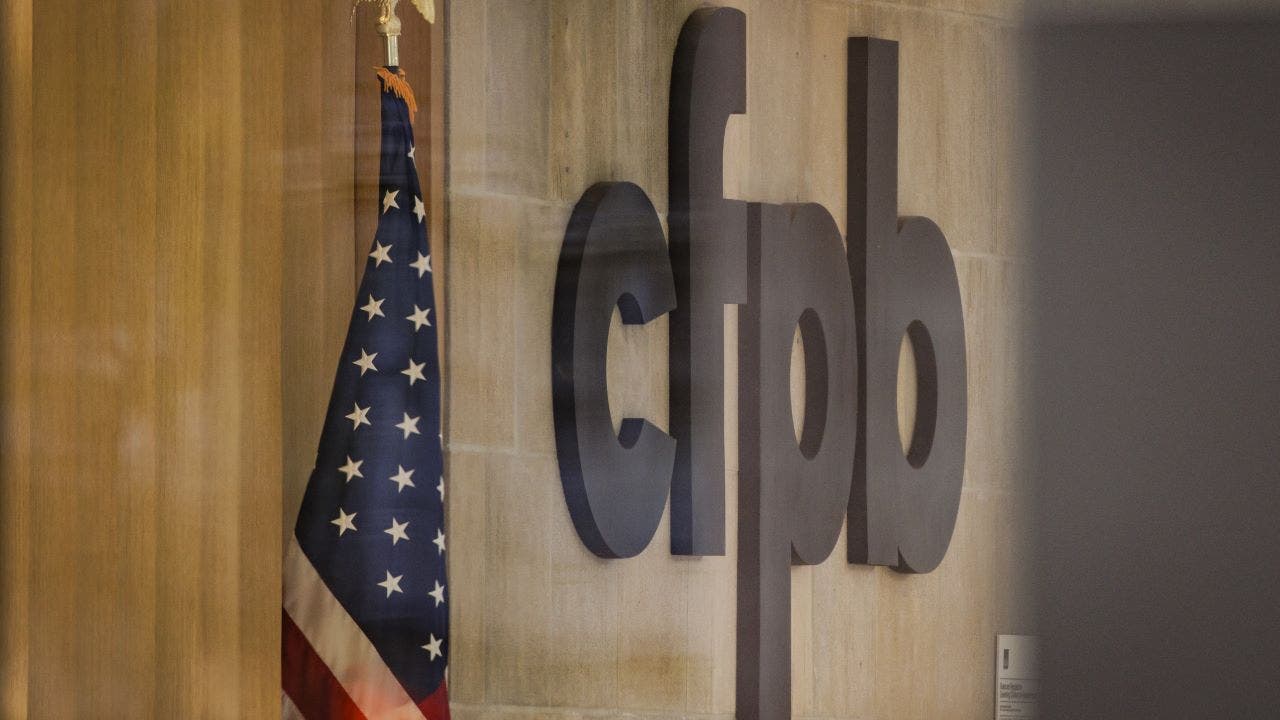“Trump-senpai” might not be a phrase commonly heard in the United States, but the honorific – a Japanese cultural nuance used to show respect – is one way YouTuber Yoko Ishii has shown her admiration for President Donald Trump.
Ishii, who creates content under the moniker Random Yoko, has been seen donning a MAGA hat, seated in front of joint American and Japanese flags as she speaks on the most pressing political issues shaping the world, and how her country fits into them.
One of the biggest issues of late – Trump’s reciprocal tariffs – has taken aim at several U.S. trade partners, with China as the primary target. But if negotiations fall through, Japan may not be off the hook.
Though many Japanese civilians acknowledge that tariffs, if reinstated after the current 90-day pause, could pose challenges for their country, Ishii says frustration isn’t always directed at Trump himself. Rather, it’s aimed at the country’s own domestic leadership, who is “ultimately responsible” for protecting Japan’s national interests.
HEGSETH ANNOUNCES PLAN FOR US COMMAND UPGRADES IN JAPAN TO DETER CHINA
Her own support for Trump, she says, leans heavily on his approach to China.
“The reason why I support Trump is his strong stance against China. I may disagree with his approach in some other topics, but the main thing for me living in East Asia is the expansion of China… military expansion, so that’s what I think about every day,” Ishii said in an interview with Fox News Digital.
Trump has, so far, imposed a monster 125% tariff against Chinese imports, sending a signal to Beijing to strike a trade deal. At the same time, other U.S. trade partners were hit with threats of tariffs against their own goods, including a 24% tariff threat levied against Japan.
The U.S. has since placed a 90-day pause on reciprocal tariffs on many countries, excluding China, as dozens of U.S. trading partners reportedly come to the table to negotiate.
Japan responded to the tariff threat by setting up a task force to head to Washington, D.C. and oversee trade negotiations with U.S. officials. Ishii said she is “cautiously optimistic” about the talks, given Japan’s role as a strong economic and military ally to the U.S.
BANK OF JAPAN EXPRESSES CONCERNS OVER US TARIFFS

While mindful of the potential economic impacts Trump’s strategy could pose if negotiations fall through, Ishii believes a strong America ultimately serves Japan’s interests.
“As someone living in Japan, I naturally worry about the short-term impact [of tariffs] on our economy, especially given that we’ve already endured decades of stagnation, tax hikes and global instability… But, in the long run, I believe a strong America is in Japan’s national interest,” she said.
Ishii is especially concerned about the potential impact on Japan’s small and medium-sized enterprises, which account for a majority of the country’s businesses. At the same time, she speculated that changes in trade policy could compel Japan to diversify its trade partnerships – looking to the European Union or other Asian trade partners.
TRUMP’S TRADE TEAM MAKING ‘ASTONISHING’ PROGRESS ON TARIFF DEALS WITH MULTIPLE OFFERS ON THE TABLE: HASSETT
But she dismissed speculation that Trump’s tough stance on China could potentially strengthen Japan’s bonds with the U.S. adversary, a speculation she has heard from multiple people before.
“Japan will not align with China,” she said succinctly, pointing to the 2024 Japan-China Joint Public Opinion Survey, which found that 89% of Japanese respondents held an unfavorable opinion of China and 87.7% of Chinese respondents held the same negative opinion of Japan.
She also pointed to reports made by the CCTV, the Chinese state media, claiming that China, Japan and South Korea would jointly respond to Trump’s tariffs, but Japanese Trade Minister Yoji Muto denied the claim.
CLICK HERE TO GET FOX BUSINESS ON THE GO
“Japan, in my opinion, will economically stand alongside the U.S. against China’s increasingly aggressive military posture around Taiwan and the Senkaku Islands in the East China Sea and across the South China Sea, and a strong alliance benefits not only both nations but also global peace by constraining the Chinese Communist Party’s pursuit of global hegemony. And if Japan and the U.S. can build and maintain a strong, fair and healthy economic relationship this time, it will serve as a powerful counterbalance to Beijing’s hegemonic ambitions,” she continued.
“I hope this moment becomes an opportunity not only to review the foundations of our relationship, but also to foster more active and open communication between our countries.”
Read the full article here











